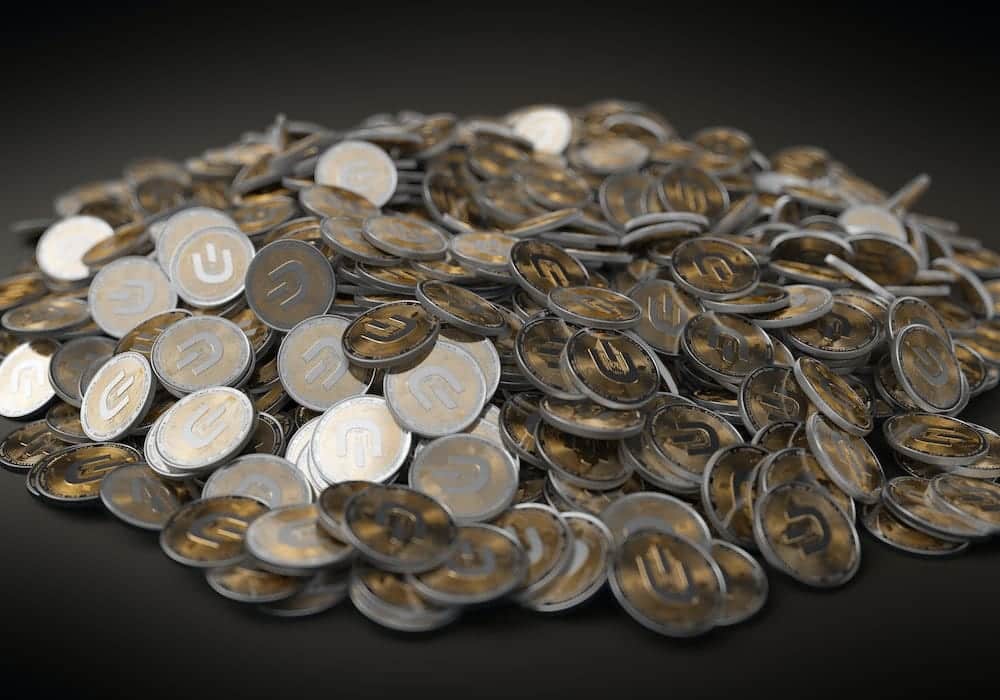MyDigitalMoney President, Guy Gotslak on why there is a sudden interest in DeFi and what the future holds for the technology. With more and more countries adopting cryptocurrency as a medium of exchange, especially in the third world, it seems this new technology will go far beyond serving as a currency.

Why do you think people are suddenly interested in DeFi?
Guy Gotslak: First, regulators have been behind the curve, and DeFi has been able to flourish in this vacuum. For instance, in traditional unsecured lending, there is a legal requirement that lenders and borrowers know one another’s identities and that the lender assesses the borrower’s ability to repay the debt. In DeFi, there are no such requirements. Instead, everything is about mutual trust and preserving privacy.
Regulators are having to weigh the delicate balance between stifling innovation and failing to protect society from such risks as individuals putting their money into an unregulated space, or banks and other financial institutions potentially being unable to make a living as intermediaries. But it seems more sensible to embrace change – and that seems to be happening. In July, the US Securities and Exchange Commission (SEC) made a major shift towards embracing DeFi by approving an ethereum-based fund, Arca, for the first time.
This is welcome and important, since one of the major challenges towards financial innovation is the hostile environment created by archaic regulations written for a bygone era. This has caused some DeFi projects to fail – including major ones such as New-Jersey-based Basis, which returned US$133 million to investors in 2018 when it concluded it couldn’t work within the SEC rules.
A second reason for the DeFi surge is that mainstream players are getting involved. Many high-street financial institutions are beginning to accept DeFi, and seeking ways to participate. For example, 75 of the world’s biggest banks are trialling blockchain technology to speed up payments as part of the Interbank Information Network, spearheaded by JP Morgan, ANZ and Royal Bank of Canada.
Major asset management funds are starting to take DeFi seriously as well. Most prominent is Grayscale, the world’s largest crypto investment fund. In the first half of 2020, it was managing over US$5.2 billion of crypto assets, including US$4.4 billion of bitcoin.
Third is the effect of COVID-19. The pandemic has driven global interest rates even lower. Some jurisdictions, such as the eurozone, are now in negative territory and others such as the US and UK could potentially follow.
In this climate, DeFi potentially offers much higher returns to savers than high-street institutions: Compound, for example, has been offering an annualized interest rate of 6.75% for those who save with stablecoin Tether. Not only do you get interest, you also receive Comp tokens, which is an added attraction. With two-thirds of people without bank accounts in possession of a smartphone, DeFi also has the potential to open up finance to them.
One final important reason for the surge in people putting money into DeFi tokens is to avoid being left out of their explosive growth. Many tokens are worth nothing or close to nothing in practical terms, so we are seeing a lot of irrational exuberance.
But like it or not, we are heading towards a new financial system that is more liberalized and decentralized than before. The central question is how best to guide its development with checks and balances that minimize the risks and spread the potential benefits as widely as possible. That is the challenge for the next few years.




